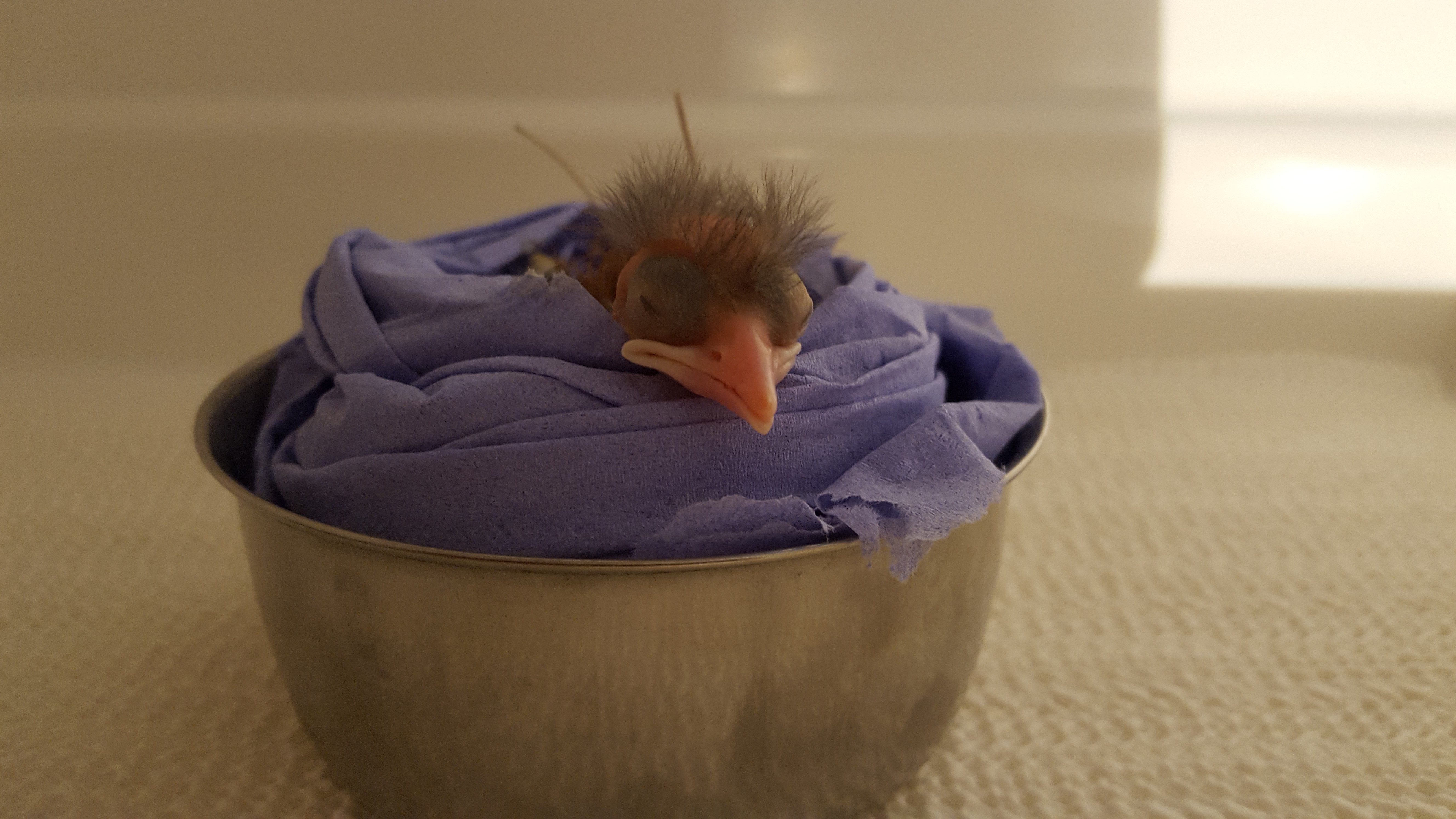

Paradise Park loaned two pairs of choughs to Jersey Zoo in 2010 to begin a captive breeding program. To establish a wild population, it was estimated 30 to 50 juveniles needed to be released over a 5 to 7-year period. Any shortfalls in numbers would be supplemented by importing juveniles from Paradise Park.
Jersey Zoo transformed two aviaries into dedicated breeding aviaries and created a display aviary to house the flock over winter mimicking natural behavior. Nest boxes were fitted with cameras for remote monitoring. Nestlings are susceptible to aspergillosis and nematode infections in captivity. Cameras allow staff to monitor for clinical signs and intervene as soon as possible to ensure survival.
Paradise Park, with decades of experience breeding choughs, provided guidance, training, and financial support. Jersey staff spent time behind the scenes at Paradise Park to learn about chough husbandry reciprocating once the release was underway with staff from the UK visiting Jersey.
Despite releases ending in 2018, Jersey Zoo continues to breed chough in captivity providing a backup in case there is a renewed need to release. It also allows a conservation message to be communicated to the public through educational talks at the display aviary. Surplus juveniles are returned to Paradise Park’s breeding program.
- A support network of skilled and experienced conservationists enabling efficient planning with the ability to adaptively manage.
- Strong partnerships with a commitment to succeed.
- An enthusiastic team willing to go above and beyond for the species.
- Initial breeding success was limited for various reasons one being incompatibility and/or inexperience of breeding pairs. Inexperience was initially a problem with the keepers as well. Not with techniques, but with nuances of the species which was why learning from others and a willingness to try different things is crucial.
- Double-clutching is not documented in wild choughs but is possible in captivity and could be an effective tool for increasing productivity.
- Choughs are intelligent and quick to learn. This can be problematic for management, e.g. learning to avoid entering catch-up enclosures. On the other hand, it can be beneficial if exploited, e.g. crate trained.